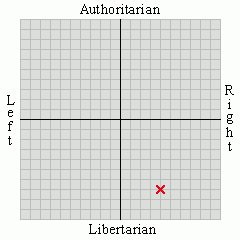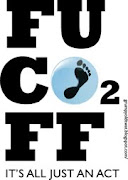How are you getting on with the new government? Are theThe tale is short on details - no indication of in which department or at what level this nameless person works - and is also completely unverifiable. It does sound like it's come straight out of a Yes Minister script, and to be honest I'm not sure whether that makes the story more or less plausible. But anecdotal though it is, thinking about it why wouldn't it be true? Politicians come and go according to the whims of the electorate, and while they're in power those with a ministry or a department may ask different things of the civil servants who work there, but the civil servants themselves aren't going to change their suggestions any more than you'd change your advice to your boss if someone new took over next week. They would probably claim that they deal in facts and objectively these do not alter with a change of government, and allowing for little human biases and subjectivity that's probably even true. I'd go so far as to say that I'm even be prepared to believe them when they say they have pure intentions, everybody's best interests at heart, and so on. Maybe Captain Ranty's shadowy UnderGovernment is pulling strings but the way I see it Hanlon's Razor suggests that many thousands of civil servants offering persuasive advice to gullible politicians in the genuine belief that it's for the collective good (whatever that is) would have much the same result. Maybe that's the same thing as a shadowy Undergovernment, though That the Coalition here in Victoria and the Cobbleition back in Blighty seem so similar to their unloved and un-missed predecessors is probably just because neither the civil service nor the advice it promotes to government changes when the government itself does.
Liberals very different to work for compared to Labor?
Oh, it doesn't bother us. We don't change what
we tell them just because the parties change.
But in addition to being an obvious prime suspect (jointly with the obsession of pollies to be middle-groundier than thou, or at least than them) in the mystery of why parties all seem so similar these days, it does raise a serious question: what the fuck do we even have elections for?
If anyone knows I'd be ever so grateful.


















